Index on Censorship joins international NGOs to call on Turkey to drop charges against five journalists.
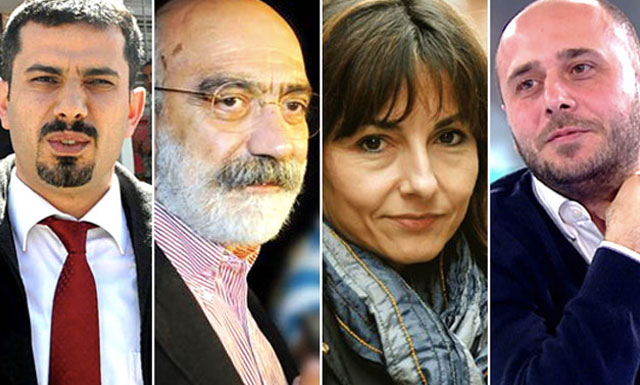

Index on Censorship joins international NGOs to call on Turkey to drop charges against five journalists.

“When I understood that I was to be detained by a directive given from the top, my fear vanished,” novelist and journalist Aslı Erdoğan told the daily Cumhuriyet
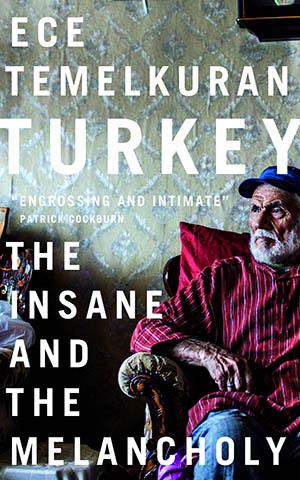
Journalist and author Ece Temelkuran discusses the role of the Turkish ministry of culture in censoring theatre productions.
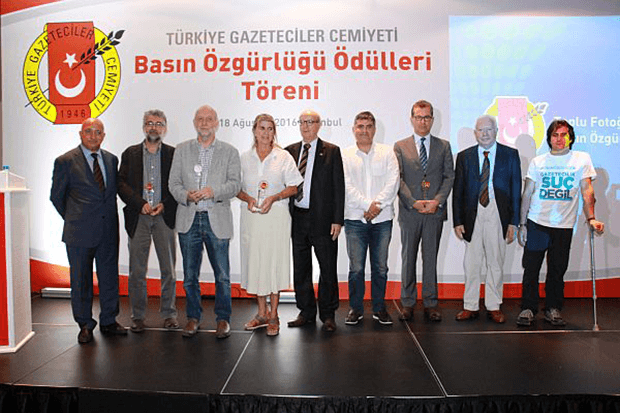
The Journalists Association of Turkey (TGC) on Thursday gave a 2016 Press Freedom Award to a coalition of international organisations, including Index on Censorship, that have worked in concert since last year to support journalists in the country and fight an ongoing deterioration in the state of press freedom.

Each week, Index on Censorship’s Mapping Media Freedom project verifies threats, violations and limitations faced by the media throughout the European Union and neighbouring countries.

The silencing — even temporarily — of one of Turkey’s last independent papers underscores the severe erosion of freedom of expression in the country.
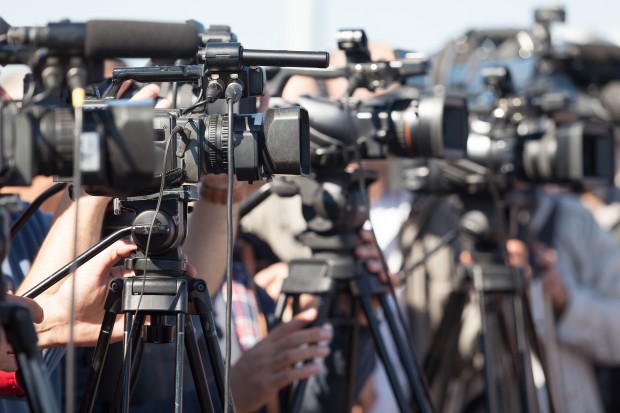
Each week, Index on Censorship’s Mapping Media Freedom project verifies threats, violations and limitations faced by the media throughout Europe.
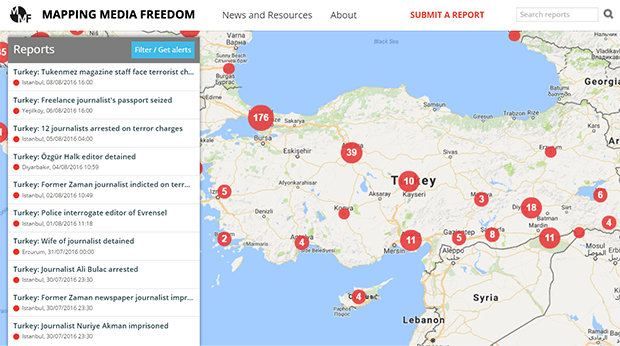
One of the most vital duties of a journalist — in any democracy — is to report on the day-to-day operations of a country’s parliament. But 200 Turkish journalists have been barred.
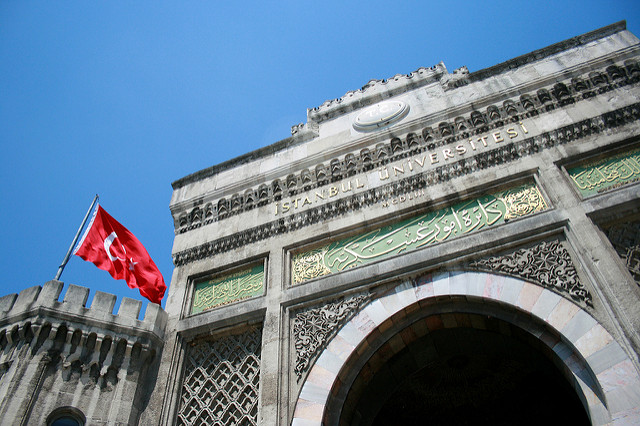
The stream may be small right now, a trickle, but it is unmistakable. Turkey’s academics and its secular elite are quietly and slowly making their way for the exits.

“Turkish police have cancelled all the journalists’ passports since July 15.” This tweet landed in my timeline on Monday morning. The author was Selina Doğan, an opposition deputy and a lawyer.